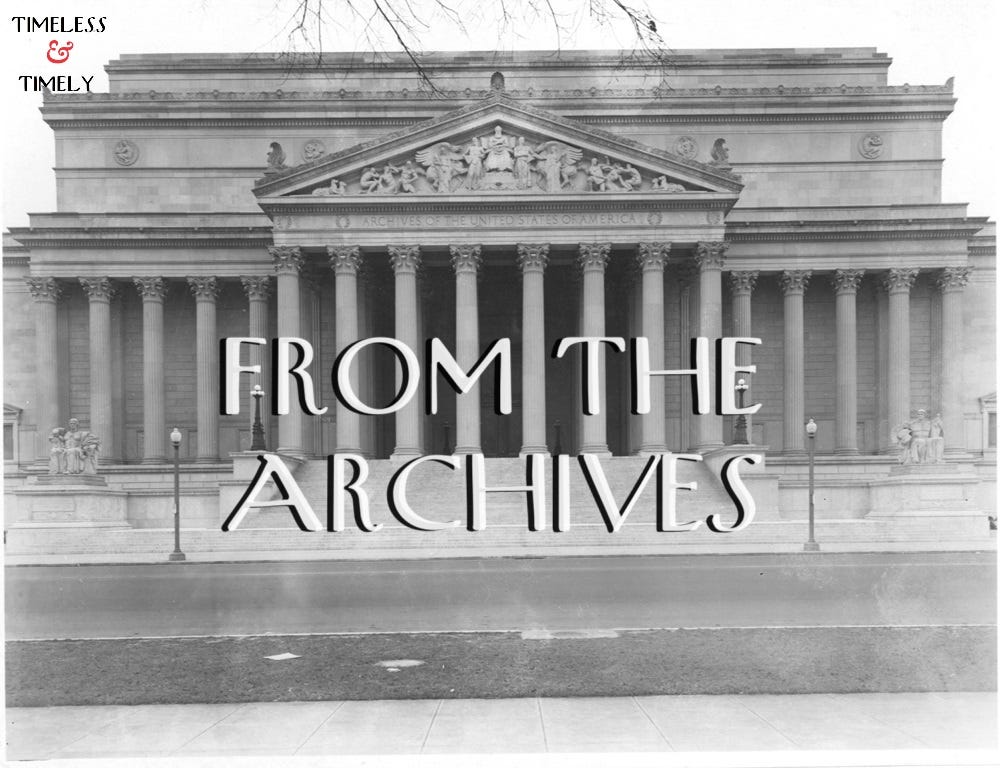From the Archives — Success Requires More Than Tenacity
A timeless entry
“Though this be madness, yet there is method in’t.” — William Shakespeare, 1603
Each week, as a service for Ampersand Guild members (our paid subscriber community), I provide a previous entry from Timeless & Timely.
If you prefer not to join as a paid subscriber, you can still support the newsletter by purchasing any of the books I recommend here. Simply visit the Books link in the navigation or follow the link of any specific titles I share in the newsletter or podcast.




